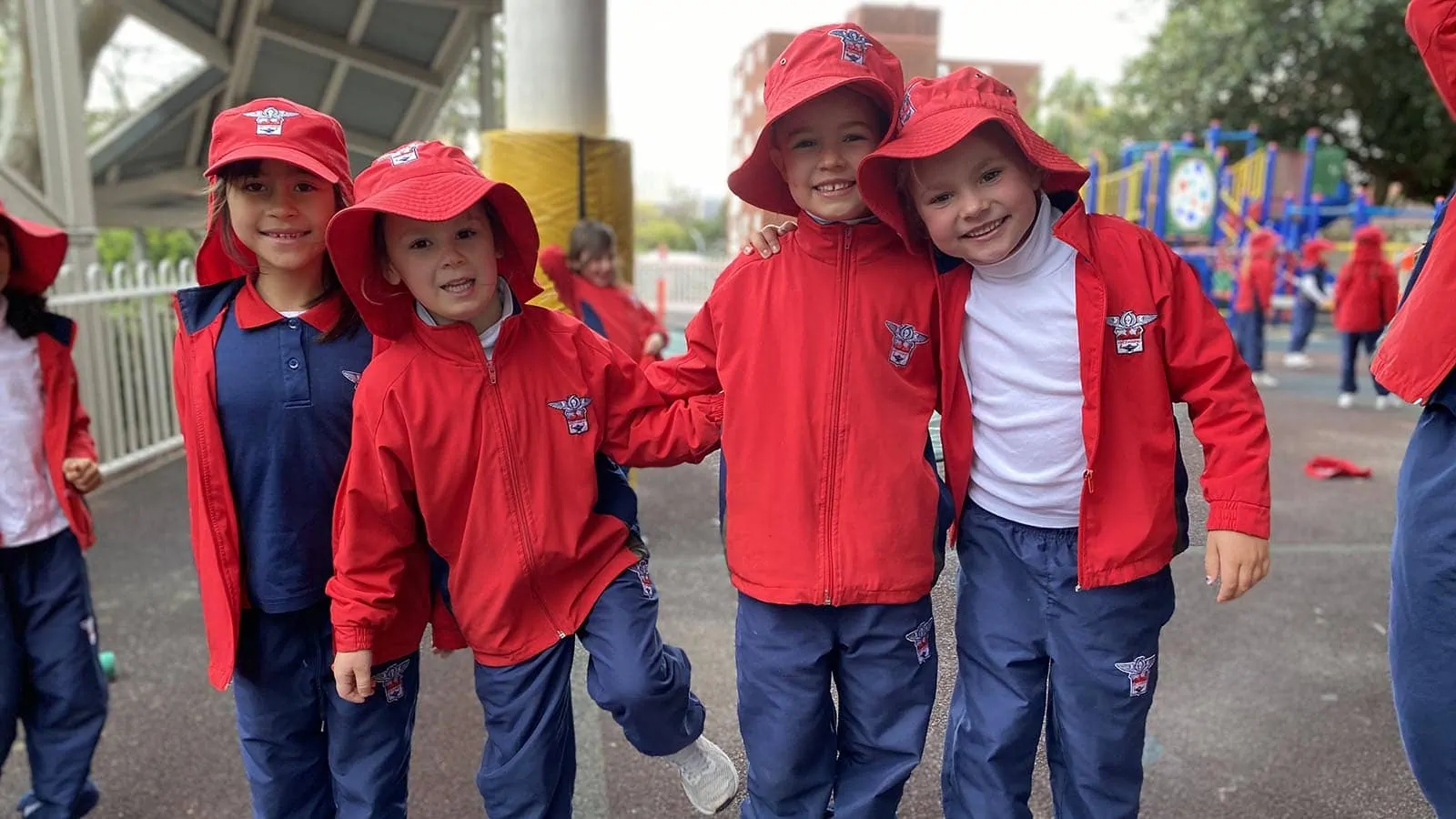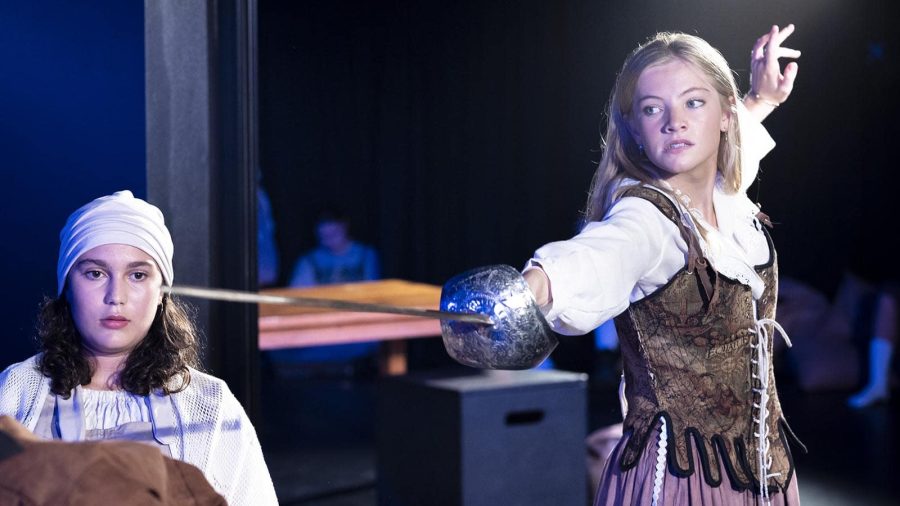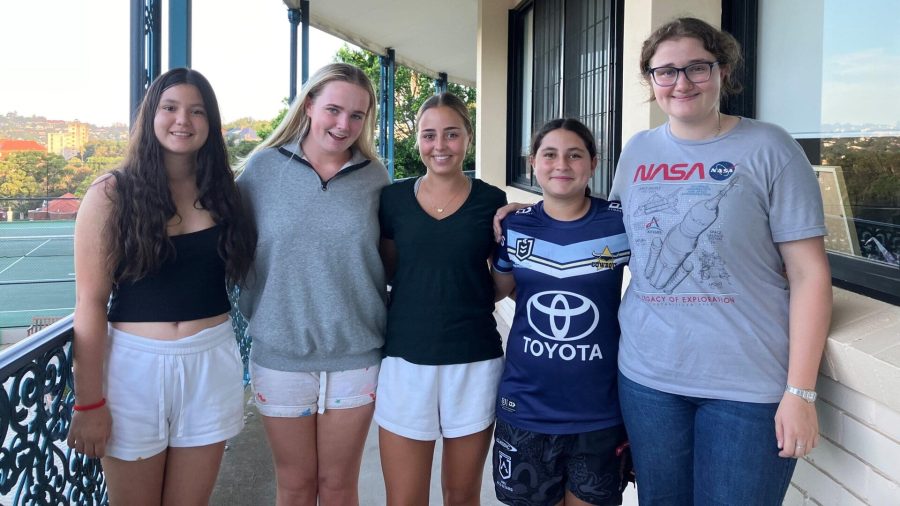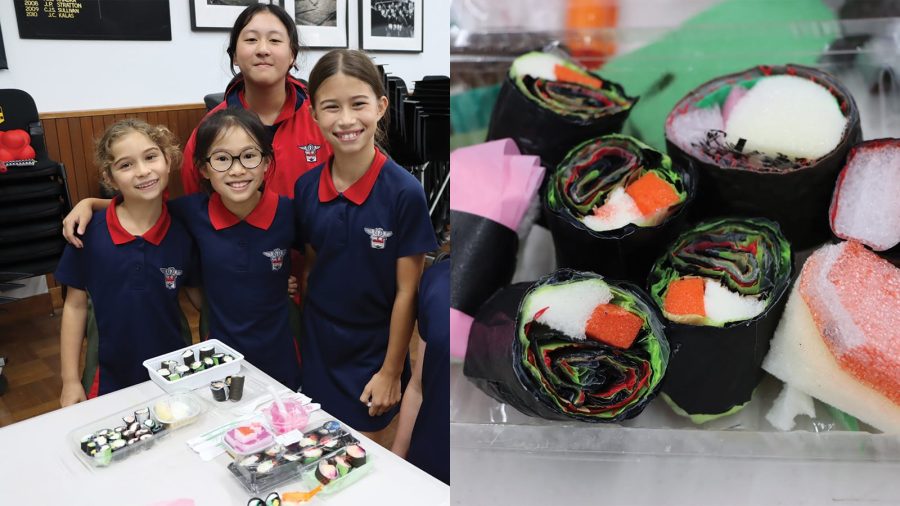Ascham’s Kindergarten Coordinator Linda Cassar, and Coordinator P–2 Catherine Clayton, say it is an absolute delight watching Kindergarten students develop and grow so much in their first formal year in Hillingdon. Here they explain why this is a year that sets a strong foundation for each student’s journey at Ascham, providing many first experiences for the girls as they learn to become curious and independent learners…
In Kindergarten, students are taught the beginning skills and strategies needed to be lifelong students of the Dalton Plan, as does one ever stop being a student of Dalton beyond the Ascham gates? We believe not!
The girls are introduced to the four pillars of the Dalton Plan of independence, responsibility, collaboration and reflection. Learning these skills is embedded in all lessons and is encouraged in their daily routines. The role of a Kindergarten teacher is a complex one, which could be likened to a Dalton dance; that is, knowing when to assist and when to step back, when to re-teach a concept or when to extend learning further.
WHERE RESPONSIBILITY AND INDEPENDENCE BEGIN
The focus on responsibility enables the students to take ownership of their learning by working independently with a learning buddy or in small groups. Each Kindergarten girl begins their journey by setting their own personal goal as well as planning the steps to achieve it. This is where they begin to articulate their learning and take responsibility to grow and improve themselves. Responsibility can be seen in their daily routine, from taking care of their own belongings to accepting a role that gives each student individual leadership skills within the classroom. The students take great pride in achieving positive learning outcomes that they have worked towards.
Students are encouraged to think independently, solve problems on their own, and develop a deeper understanding of the subject being studied. Teachers provide feedback on classwork that can be written down on a student’s work or given through verbal feedback. The girls use this feedback to improve their work with the support of their teachers. The more opportunities the girls have to try something independently, the more successful they feel towards their learning. Kindergarten students have many opportunities to practise their independence. Their studies in Science and Technology, for example, enable them to understand how their world operates by observing, hypothesising or predicting a solution to a problem. In the subjects of Mathematics and History, the students often interact to share ideas and create solutions to various questions.
COLLABORATING THROUGH WORK AND PLAY
Collaboration in Kindergarten promotes peer relationships and fosters interaction. The girls are encouraged to give and receive feedback on each other’s classwork by participating in lesson activities and classroom discussion. Students improve their visual learning in Art by inviting their peers to comment on the design of their artwork, including the use of colour, contrast, shape, line and size. This type of interaction encourages peer support and self-reflection. Students learn to connect with one another by sharing their observations within lessons.
Collaboration also occurs on the playground. The girls cooperate and work together through their choice of play. During their games, they will wait their turn and interact with each other to make decisions that are respectful and supportive of each other. Hillingdon staff see playground duty also as an opportunity to observe the learner at play, an essential element of getting to know each and every student in Hillingdon.
STARS, STAIRS, REFLECTION
Reflection brings together all the Dalton pillars. Through independent learning, being responsible and helping each other, the girls are able to understand how they can reflect on improving their learning. The girls develop the skills to articulate what they have learned and what they need to do to move to the next step of their education. For example, at the end of each spelling, writing or reading lesson, students will reflect and mark their own work, using the formative assessment strategy of a star (what they did well), and a stair (what they need to work on). Whilst a Senior School English student might be reflecting on adaptations and appropriations of Shakespeare’s Romeo and Juliet, and their ability to analyse transformations of this work, a Kindergarten student will be reflecting upon the foundational skills of writing: Have they started each sentence with a capital letter? Have they capitalised all proper nouns in their writing? Have they used adjectives to ‘spice up’ their writing? Have they remembered to keep their short letters short and their tall letters tall?
Through reflection, the girls make connections between their current knowledge and what they will learn next. This is evident in the extension of their vocabulary and phonemic awareness skills, and the expression of their writing style. The use of reflection improves their ability to communicate. Reflection allows the girls to learn from their mistakes and to identify what they may do differently next time. Allowing each Kindergarten student time to reflect, think and observe, empowers her to move forward and achieve her goals.
Here in Hillingdon, we aim to set students up for success and, as the medieval scholar Maimonides philosophised, give them the ability to do things for themselves; to think for themselves, to question, and to become lifelong students of the Dalton Plan.
Give a man a fish and you feed him for a day; teach a man to fish and you feed him for a lifetime.
Maimonides, medieval Sephardic Jewish philosopher and scholar
Find out where the Ascham adventure begins—right here in Hillingdon.



